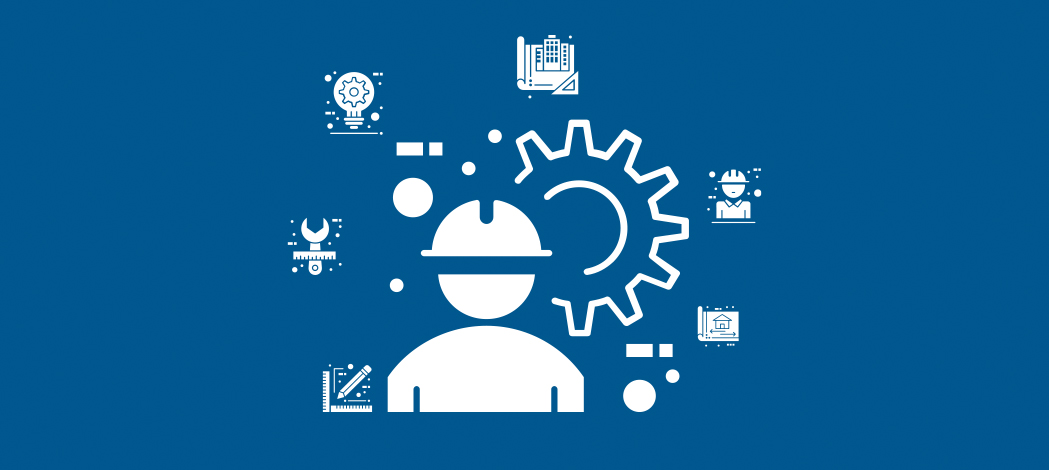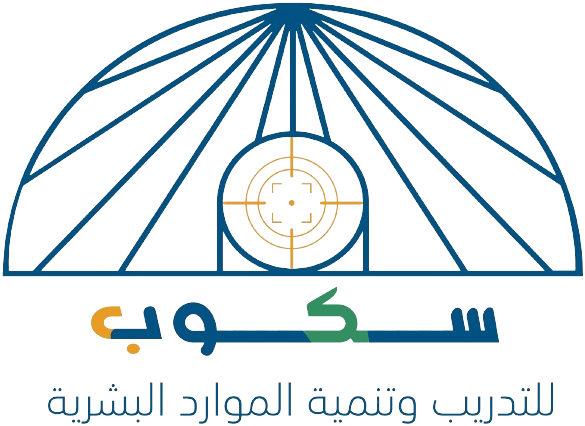
Project Management Course
About this course
PMP, which stands for Project Management Professional, is an educational program designed to equip students with the knowledge and skills necessary to plan, execute, and manage projects effectively and professionally. This program covers project management concepts, including planning, execution, monitoring, and evaluation, along with the use of various tools and techniques to achieve project goals successfully.
The Professional Project Management Program aims to develop leaders and managers who can manage projects efficiently and effectively, achieving desired results within limited time and resources, and how to plan effectively to ensure project profitability. This program focuses on developing the technical and managerial skills needed for successful project execution, as well as personal skills such as leadership, communication, and problem-solving.
المحاضرة السادسة من محاضرات محور إدارة المشروعات
المحور الثالث عن الإطار العام لإدارة أي مشروع أو قسم أو إدارة
Quiz & Certificates
About this course
The Professional Project Management Program aims to:
1- Learn how to develop comprehensive project plans, define tasks and resources, and schedule projects effectively.
2- Allocate and manage available resources efficiently, estimate costs, and manage project budgets effectively.
3- Acquire skills necessary for effective communication with project teams and stakeholders, manage conflicts, and enhance collaboration.
4- Monitor project progress, evaluate performance regularly, and apply continuous improvement to achieve desired results.
5- Learn to use modern tools and techniques available for effective project management, such as project management software, artificial intelligence, and data analysis techniques.
6- Equip trainees with the skills necessary to prepare for and successfully pass the PMP certification exam.
About this course
The Professional Project Management Program includes a set of core modules that cover all aspects of project management. Here are the key modules covered in the program:
1. Introduction to Project Management
- What is a Project?
- What is Project Management?
- Key Characteristics of Projects: Time, Cost, Scope, and Quality
- The Role of a Project Manager
- The Importance of Project Management in Organizations
2. The Project Lifecycle
- Phases of a Project: Initiation, Planning, Execution, Monitoring & Controlling, Closing
- The Role of the Project Manager at each Phase
- The Importance of Deliverables and Milestones
3. Project Stakeholders and Communication
- Who are Stakeholders?
- Identifying Stakeholders in a Project
- Stakeholder Analysis and Communication Strategies
- Effective Communication in Projects
4. Introduction to Project Management Processes
- Overview of Key Processes in Project Management (as per PMBOK or PRINCE2)
- Integrating Project Management Processes into Project Lifecycle
Project Planning and Execution
1. Defining Project Scope and Objectives
- The Importance of Defining Clear Project Objectives
- Techniques for Defining Scope: Work Breakdown Structure (WBS), Scope Statement
- The Impact of Scope Creep and How to Avoid It
2. Project Scheduling and Time Management
- Importance of Time Management in Projects
- Key Tools and Techniques: Gantt Charts, Critical Path Method (CPM), and Task Dependencies
- Estimating Time and Setting Deadlines
- Time Tracking and Adjusting Schedules
3. Budgeting and Cost Management
- Defining Project Budget and Costs
- Cost Estimation Techniques (Analogous Estimating, Parametric Estimating)
- Importance of Monitoring Costs and Controlling Budget
- Using Earned Value Management (EVM)
4. Resource Management
- Identifying Resources Needed for Projects
- Allocating Resources Effectively
- Balancing Resources to Avoid Overallocation
- Techniques for Managing Team Workload and Availability
Risk, Quality, and Closing the Project
1. Risk Management Basics
- What is Project Risk?
- Identifying and Assessing Risks
- Strategies for Risk Response: Avoid, Transfer, Mitigate, Accept
- Creating a Risk Management Plan
- Monitoring and Controlling Risks
2. Quality Management in Projects
- The Importance of Quality in Project Deliverables
- Defining Quality Standards
- Quality Control vs. Quality Assurance
- Tools for Managing Quality: Checklists, Six Sigma, Quality Audits
3. Project Monitoring and Controlling
- The Need for Monitoring Project Progress
- Key Performance Indicators (KPIs) and Metrics
- Using Project Dashboards for Tracking
- Change Management Process and Handling Variances
- Managing Issues and Conflicts
4. Closing the Project
- Project Closure Checklist
- Deliverables Handover to Clients or Stakeholders
- Conducting Post-Project Review and Lessons Learned
- Closing Documentation
- Celebrating Team Success and Recognizing Contributions
Covering these modules ensures that program participants are equipped to handle various aspects of project management professionally and efficiently, in line with the changing demands of the job market.






